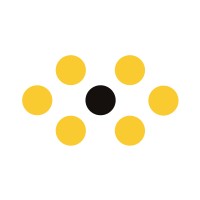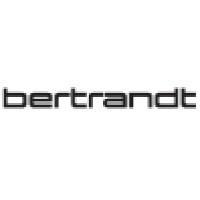Internet of Things Developer Hiring Trends in Munich, Germany
This report was last updated on Sep 7, 2025


Bence Gedai
Founder
I analyze live hiring data and tech job trends across Europe to give CTOs and Product Leaders a strategic edge. By tracking tens of thousands of open roles each week, I uncover which skills, roles, and locations are in highest demand — potential competitors, typical time to hire, talent pool sizes, and more to help you prioritize hiring, benchmark and stay competitive in a fast-moving market.











